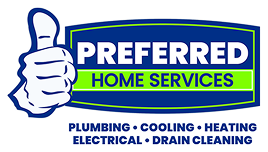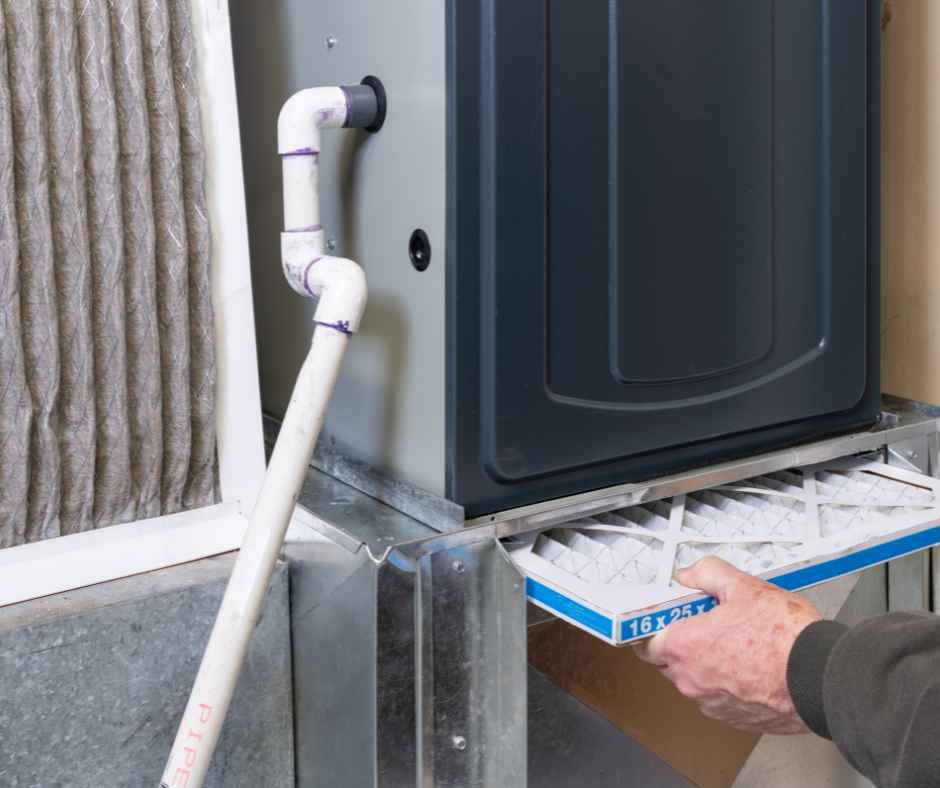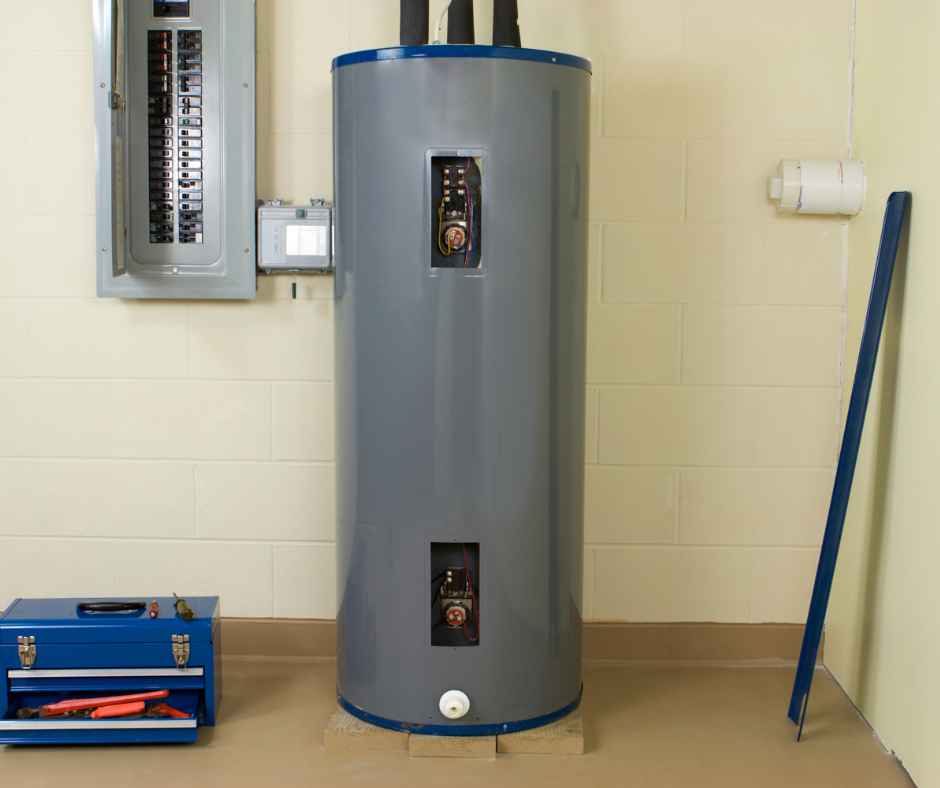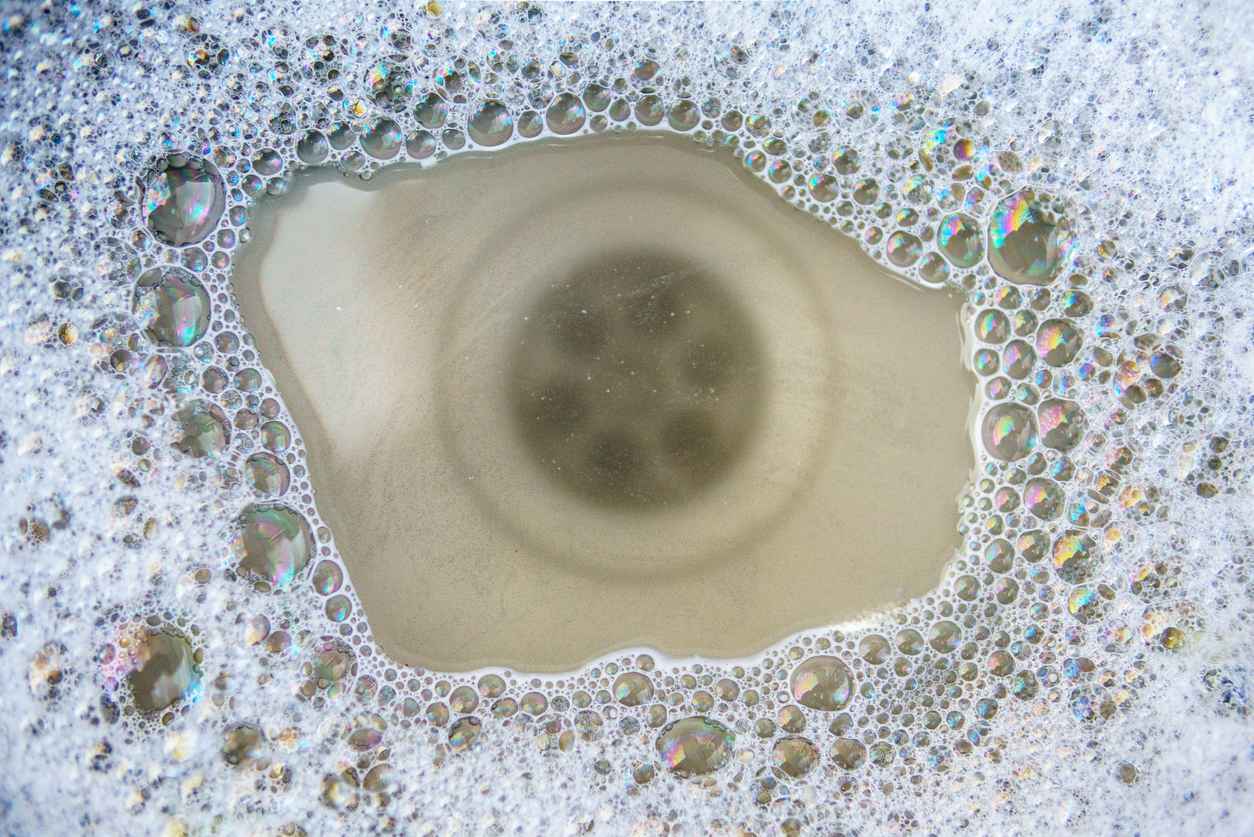Serving Charleston & Greenville Areas
Trusted by 7376+ Customers
Why Does My HVAC System Keep Shutting Off?
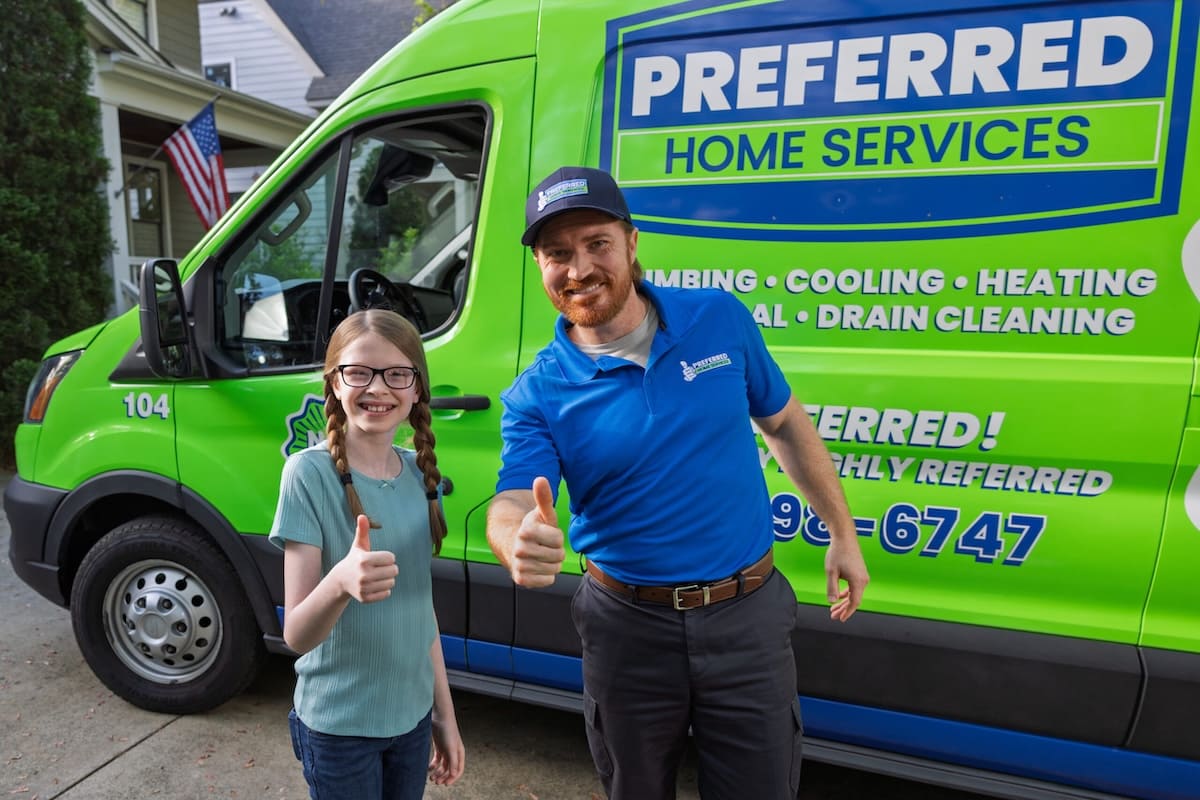
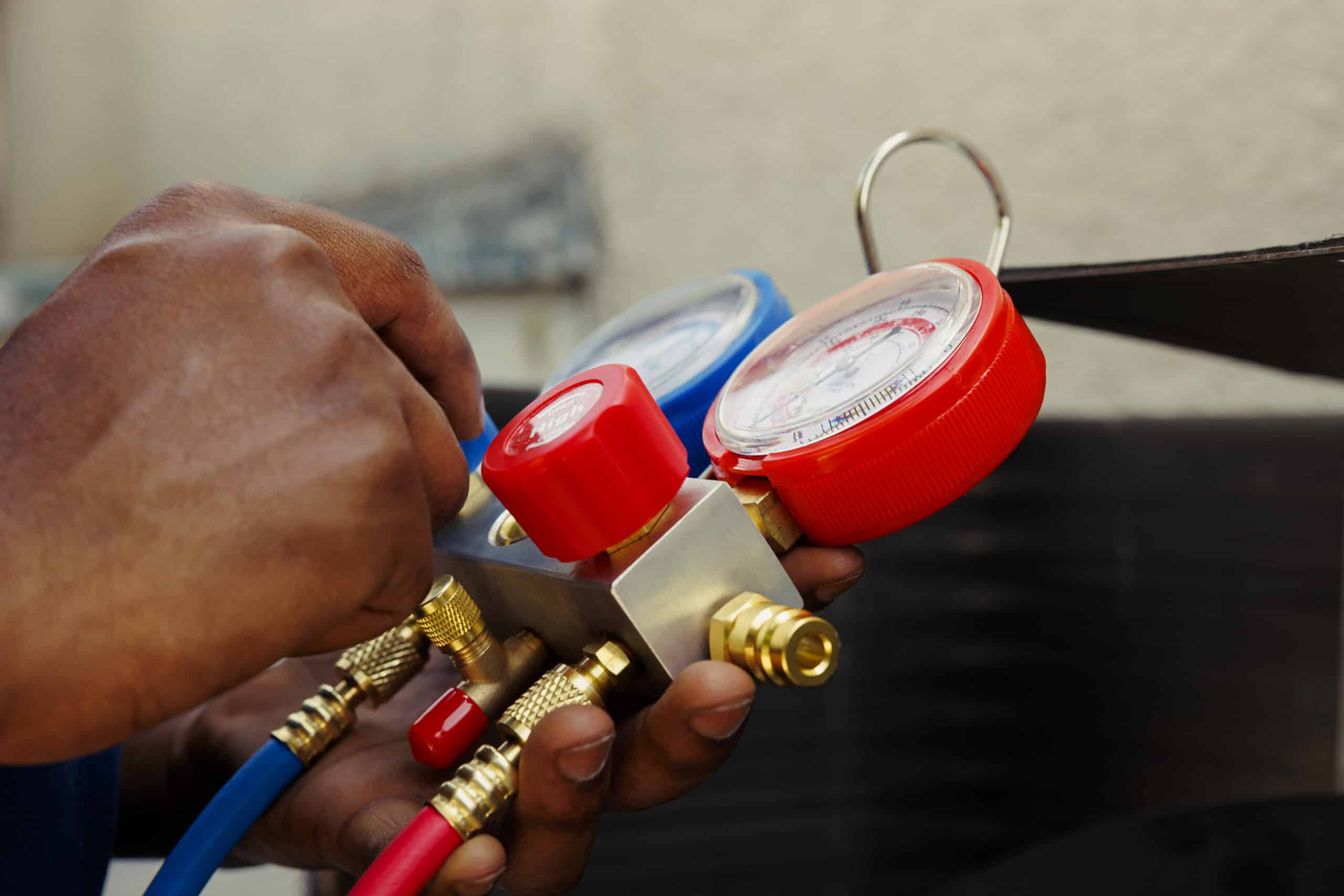
When it comes to the heavy heat and the cold winters of South Carolina, having a reliable HVAC system is more than a luxury; it’s a necessity. The last thing you need is for your HVAC unit to constantly shut off, leaving you feeling uncomfortable and at the mercy of outdoor temperatures. We’ll explore the unique climate of South Carolina, how its coastal location can impact your HVAC system, and the most common reasons for frequent unit shutdowns.
Reasons Why HVAC Units Shut Off
The first step in understanding why your HVAC system is shutting off is understanding the climate around you. While we use our HVAC systems to fight against outdoor temperatures, it’s rare that we think about the physical impact that climate plays on the use of our HVAC systems. South Carolina’s climate can soar into the 90s, leaving homeowners dealing with high levels of uncomfortable humidity and a hard-working HVAC system.
Homeowners in Charleston are faced with even greater challenges when it comes to keeping their homes cool. With close proximity to the Atlantic Ocean, this coastal gem sees salt particles in the air that can have a corrosive effect on HVAC systems used in homes and businesses in and around the area.
So, how can climate impact your HVAC system, and why does this leave your system shutting down? Let’s dive into it:
- Overheating: High temperatures can push your HVAC to its limits. As a protective measure, HVAC systems often shut down to prevent further damage to central components in the system. This is common during the hottest days of the year.
- Humidity issues: Condensation occurs when the humidity levels are high in your HVAC system. This additional moisture can lead to a malfunctioning system that easily and unexpectedly shuts down. Humidity also contributes to the growth of mold, which can lead to performance issues.
- Saltwater corrosion: Saltwater is corrosive. Because of Charleston’s coastal location, HVAC components can become compromised by the salt in the air, causing damage to the structural integrity of the unit and leading to shutdowns.
- Maintenance neglect: When you live in a place with a demanding climate, it’s essential to have your HVAC system maintained to withstand the challenges of every season. A neglected HVAC system can malfunction and ultimately shut down due to dirty filters, clogged ducts, or simple wear and tear from regular use.
Other than climate-related issues, there are several reasons why you may be experiencing HVAC shutdowns. This includes faulty wiring, thermostat malfunctions, or refrigerant leaks.
The Benefits of Prompt HVAC Repairs
Ensuring that your HVAC system is repaired in a timely manner offers a multitude of advantages. Not only does it prevent minor issues from escalating into major problems, but it also guarantees optimal performance and longevity of your system. Here are some key benefits of addressing HVAC malfunctions promptly:
- Extended system life span: Regular and timely repairs can significantly increase the life expectancy of your HVAC system.
- Improved efficiency: Addressing issues as they arise ensures that your system operates at its peak efficiency, leading to consistent and optimal indoor temperatures.
- Cost savings: By preventing major malfunctions through timely repairs, you can avoid costly replacements and reduce your energy bills.
- Enhanced comfort: A well-maintained HVAC system provides consistent temperature control, ensuring a comfortable living environment.
- Prevention of further damage: Addressing problems early on can prevent them from worsening, which can lead to more extensive damage and higher repair costs.
Expert HVAC Services From Preferred
Frequent unexplained HVAC shutdowns are early warning signs that your unit is struggling and needs professional attention. Let our team at Preferred Home Services restore your HVAC system so that it works efficiently and effectively throughout the year with expert repairs, installation and replacements, and maintenance services.
Schedule HVAC services in Charleston, SC, when you call Preferred Home Services at [site_info_phone_number] today!
